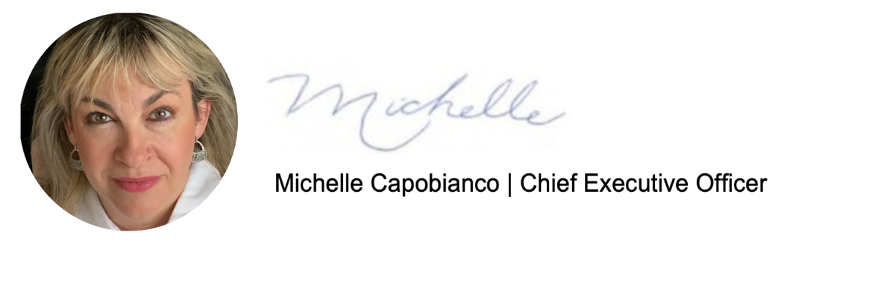
Worry While We Wait
Monday, March 28, 2022
It has been just over three weeks since my thyroidectomy. I was able to go home the day after my surgery with some pain medication and simple instructions to stay out the shower for 24 hours and to try not to speak for the first few days. My stitches have been removed and I can hide the scar with a scarf. The ability to appear ‘fine’ does wonders for your psyche: it is not obvious that I have just had a cancer-related surgery or any surgery at all, so it is my choice to tell people about my experience. I have even already travelled for work. So far, the only lasting change to my life is that I now take a daily pill that contains a synthetic thyroid hormone called levothyroxine, and over the next few weeks my doctor and I will work to find the right dosage.
All of this is good news, but there is still something looming for me: the pathology results from my tumour, which are slow to come because of how overrun our healthcare system still is due to Covid-19 cases.
My first experience waiting for pathology results happened when I had breast cancer: I endured two weeks of not knowing how aggressive the cancer was or if it might have spread. During the second surgery they also removed several lymph nodes. I worry that the cancer could have spread in the months I had to wait to have my surgery, that it might no longer be stage II.
And as I wait, people sometimes try to reassure me by saying that it is going to be ‘fine’. People often do not know what to say to someone waiting for such news, and while it may feel heartening to say everything will be okay, there is no way of knowing until the results come back. I am sure some patients find solace from that kind of encouragement, but for me, after my years working in the cancer space and my own previous experience with cancer, I know that hope is not a plan and that until the results come in, no one knows if it is going to be ok.
“I was just happy to get it out of me,” Richard says of his surgery experience. “I was fortunate that I qualified for the Whipple surgery at all, as only 20% of patients do.”
Richard went into surgery around 9:00 AM. “Because of Covid-19 precautions, my wife couldn’t come into the hospital with me, she had to stay outside and wait,” Richard said. The Whipple can be a long, complex surgery, but his surgeons were able to successfully complete the procedure in under nine hours. “My wife was quite concerned because the surgery was originally estimated to take six hours, but thanks to the skill of my surgery team, Dr. Wildgoose and Dr. Law, they actually did a resection up the superior mesenteric artery (SMA) which was extremely complicated.” During the Whipple, Richard’s surgical team removed three lymph nodes that were starting to metastasize – they had operated just in time.
Later that evening Richard woke up in the High ICU. “I was on pain medication,” he said, “so I didn’t feel too bad.” The following night, he was transferred to another room with four other patients being treated for various illnesses and injuries – a private room was not an option because of the number of Covid-19 cases impacting hospital capacity. “Nights were challenging because I was in a trauma recovery room and most patients were in pain, so sleep was not an option.”
Over the next few days Richard continued his recovery, but still faced challenges. “The staff were attentive, they kept checking me for signs of diabetes. Every few hours I got up to walk a little bit. As time progressed, I could get around the entire ward. I was still having trouble sleeping at night, though, and was still a little itchy. I also had nerve damage in my leg and drop foot, so my left foot was a little floppy.” Just six days after his Whipple, Richard was discharged to continue his recovery at home, still a little jaundiced.
Céleste* also had a successful Whipple surgery. Similarly to Richard, she was unable to have family with her in the hospital where she stayed to recover for just over a week, having to rely on phone calls and video chats to connect with loved ones. Going home was a relief, but also posed a new concern: staying healthy amidst the recent lifting of mask mandates and other Covid-19 measures that would otherwise protect her from potentially contracting the virus. She does not want anything to jeopardize her ability to start chemo in the coming weeks. As a result, she isolates at home with her husband with no plans to see anyone through much of the spring. Céleste is grateful to be alive – grateful that the surgery was a success – but understandably nervous about what the future holds.
In our next update we will be talking about adjuvant treatment (treatment after surgery) which involves chemotherapy for Richard and Céleste, and a special type of radiation for my thyroid cancer. Until then, take care of yourselves and each other.
*Pancreatic cancer can be an intensely personal experience, particularly when a patient is still undergoing treatment. With this in mind, we have gathered the experiences of several patients navigating a stage II pancreatic cancer diagnosis, and will present them here in the coming weeks as the story of Céleste.

